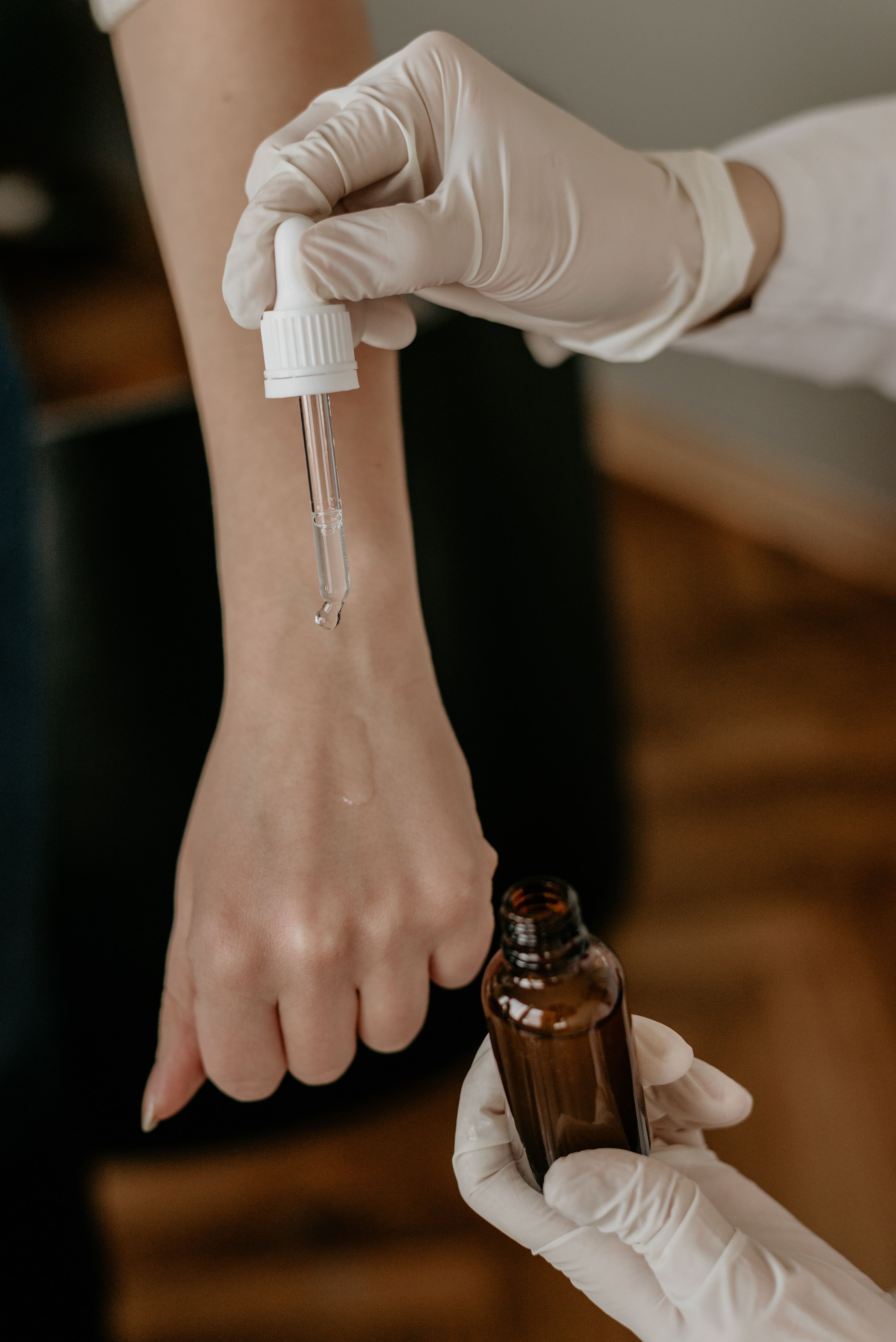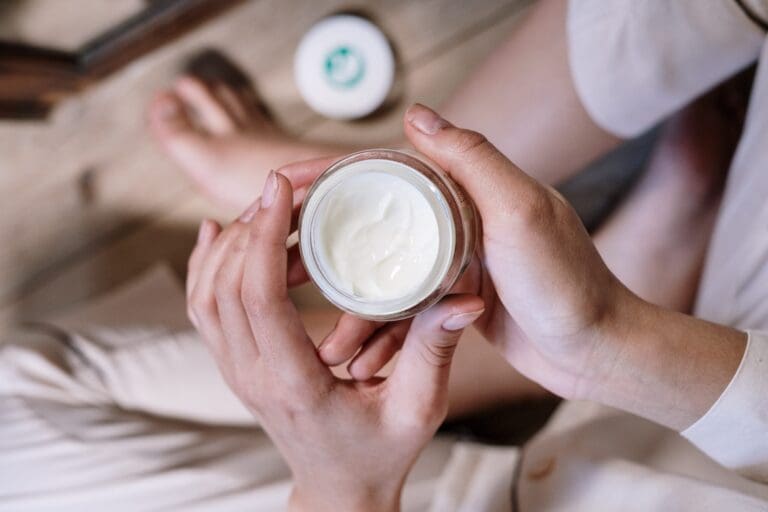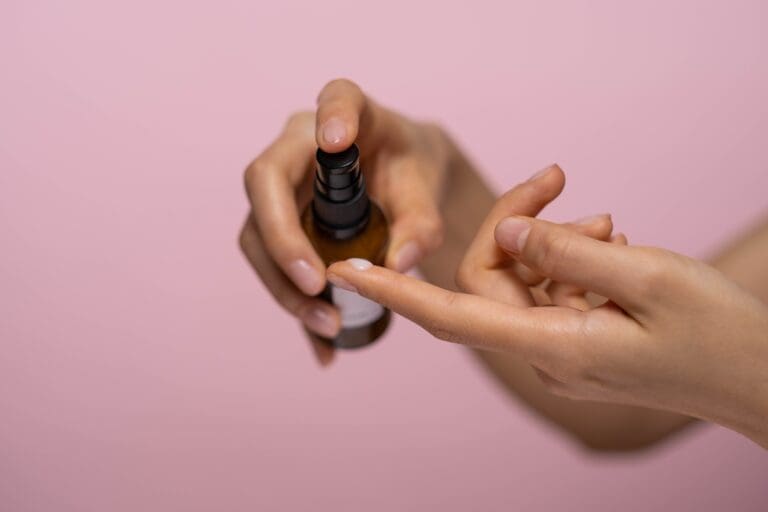Niacinamide: Exploring Its Benefits
If you’re someone who’s always on the lookout for new skincare ingredients that can help boost hydration and improve your skin’s overall texture, then you may have come across niacinamide. Niacinamide, also known as vitamin B3, is a water-soluble vitamin that’s been gaining popularity in the skincare world due to its ability to enhance the function of your skin’s lipid barrier, which helps lock moisture in and keep pollutants or other potential irritants out.
But what exactly is niacinamide, and why are so many companies adding it to their skincare products? Niacinamide works with your skin’s natural chemistry to improve overall skin texture by rebuilding a lipid layer, minimizing the appearance of pores, and preventing UV damage and signs of aging. When applied topically, niacinamide helps replenish moisture in your skin by decreasing water loss, which can lead to dryness and dehydration. It’s also been shown to have anti-inflammatory properties, making it a great choice for those with sensitive or acne-prone skin.
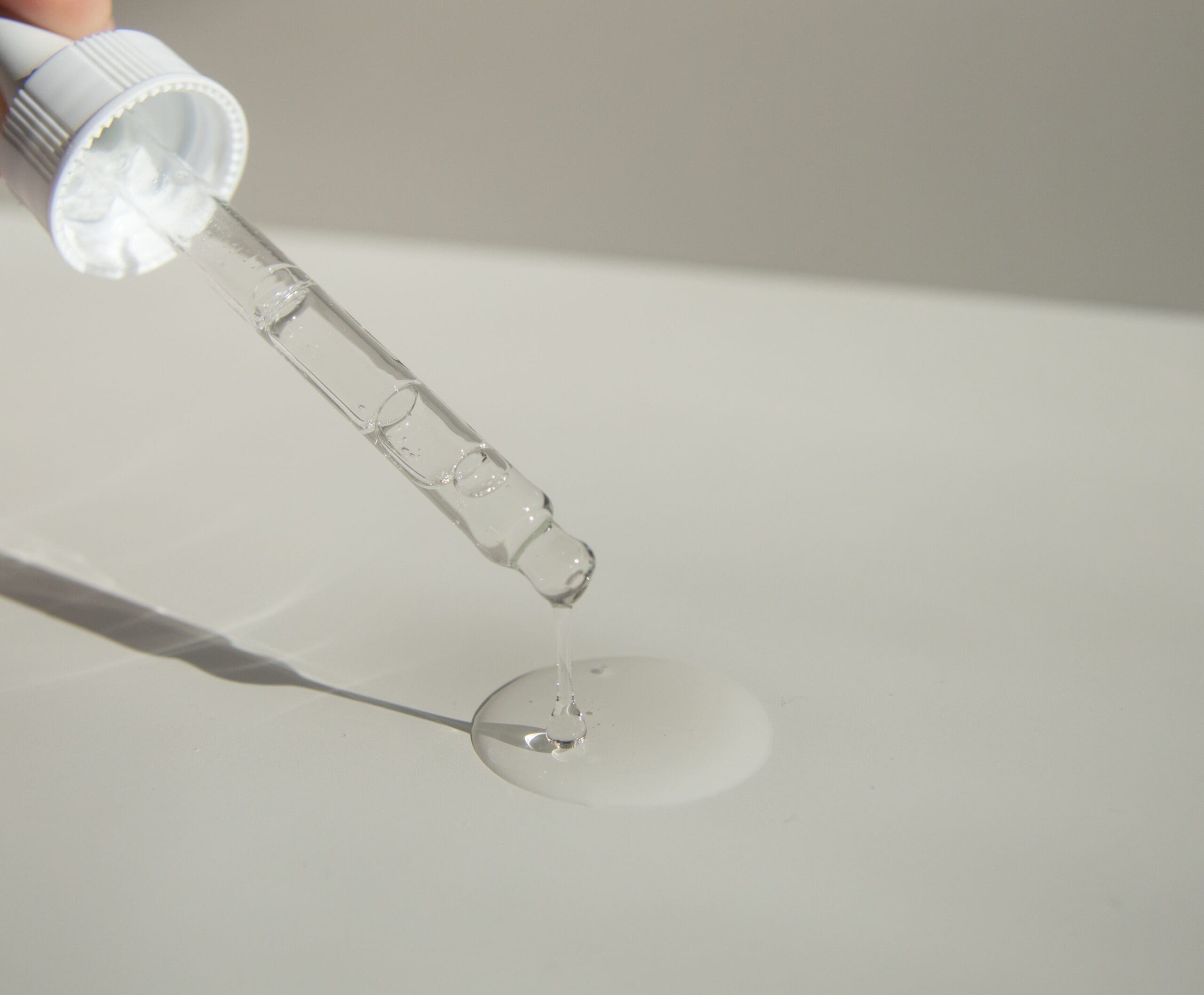
Understanding Niacinamide
Niacinamide, also known as vitamin B3 or nicotinamide, is a water-soluble nutrient that is essential for overall health. It is a versatile ingredient in skincare products and is known for its ability to boost hydration in the skin.
Niacinamide works by enhancing the function of the skin’s lipid barrier, which is a layer of water and oil that protects the skin. This helps to lock moisture in and keep pollutants or other potential irritants out, making your skin more hydrated and less sensitive.
In addition to its hydrating properties, it helps to regulate sebum production, which can reduce the appearance of pores and prevent breakouts. It also has anti-inflammatory properties, which can soothe redness and irritation.
Niacinamide is a safe and effective ingredient that can be used by all skin types. It is particularly beneficial for those with dry or sensitive skin, since it can help to restore the skin’s natural moisture barrier.
Niacinamide can be found in a variety of skincare products, including moisturizers, serums, and toners. When shopping for skincare products, look for those that contain at least 5% niacinamide for optimal hydration and skin benefits.
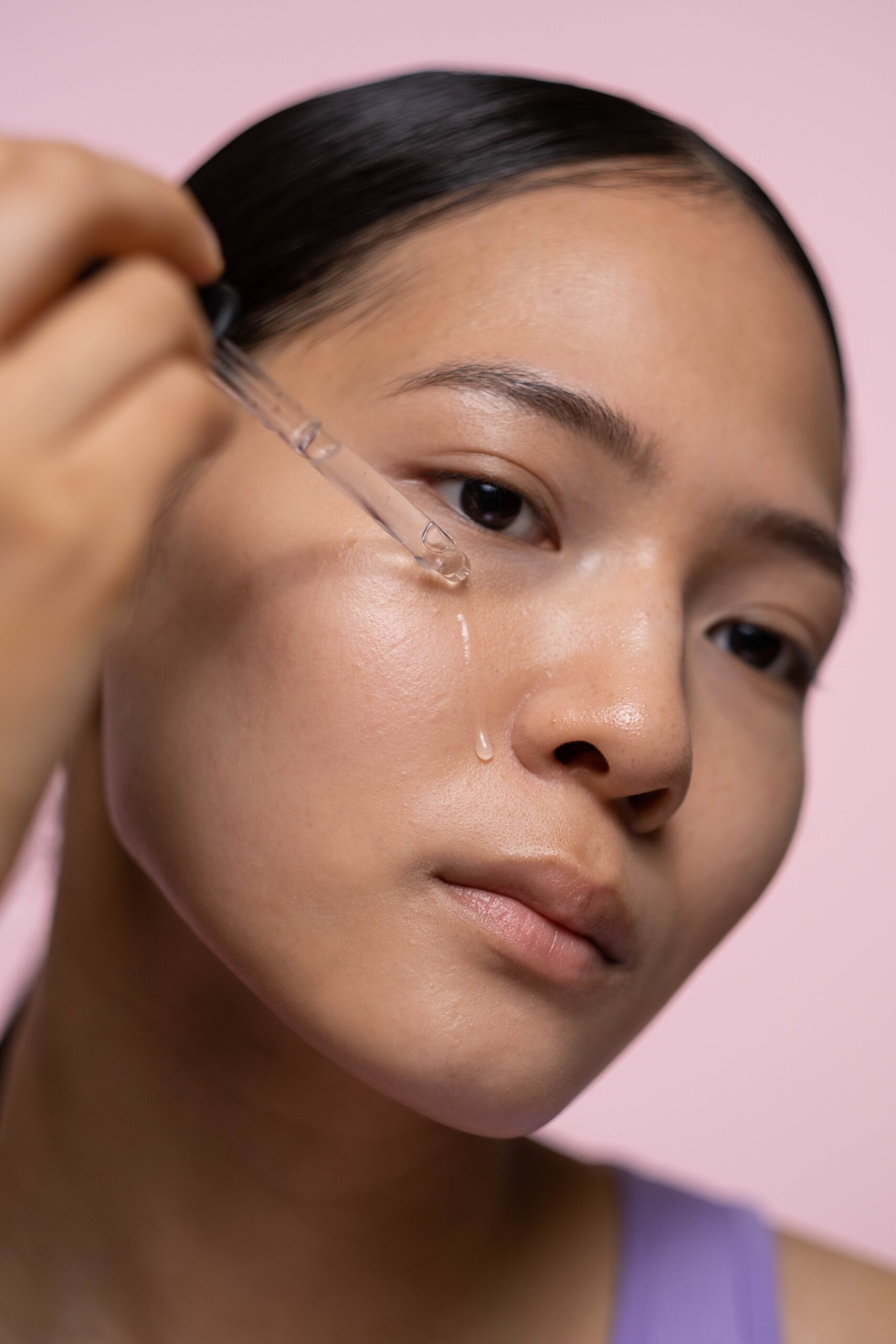
Niacinamide and Skin Hydration
Another way niacinamide can boost hydration is by working in conjunction with other hydrating ingredients, such as hyaluronic acid and glycerin. Hyaluronic acid is an excellent humectant that can hold more than its weight in water, while glycerin is a natural moisturizer that helps attract water to the skin. When combined with niacinamide, these ingredients can help provide a powerhouse of hydration to your skin.
Niacinamide in Skin Care Products
One reason that niacinamide is so popular is that it can be used in a variety of different products. For example, you might find niacinamide in a serum or cream that is designed to target specific skin concerns, such as fine lines or dark spots. Alternatively, you might find it in a more general product, such as a moisturizer or toner, that is designed to hydrate and nourish the skin.
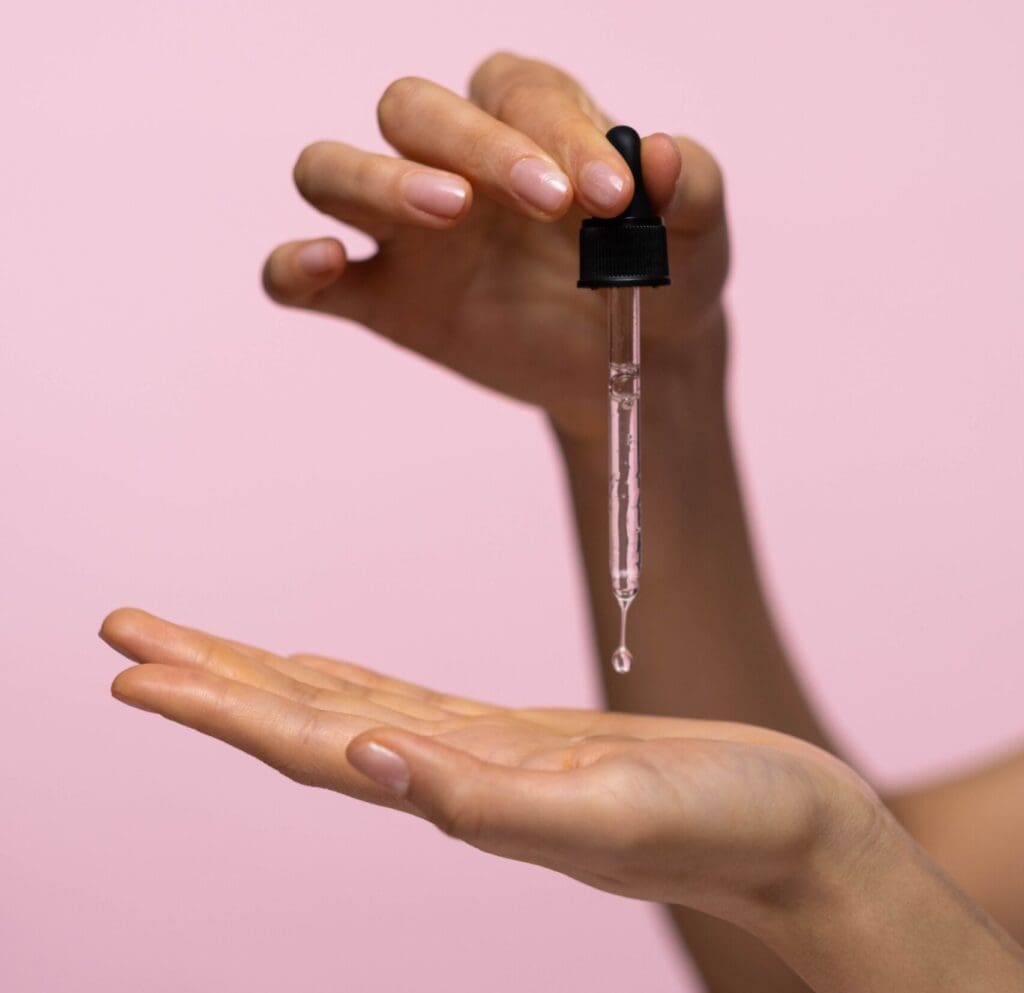
When using products that contain niacinamide, it’s important to follow a consistent skincare routine. This might include using a cleanser to remove dirt and oil from the skin, followed by a toner to help balance the skin’s pH levels. You can then apply a serum or cream that contains niacinamide, followed by a moisturizer to help lock in hydration. You might also want to incorporate other skincare ingredients, such as retinol or vitamin C, depending on your specific skin concerns.
Benefits of Niacinamide for Skin Health
Boosts Hydration
Niacinamide is a powerful moisturizer that can help to boost hydration levels in the skin. It does this by enhancing the function of the skin’s lipid barrier, which is a layer of water and oil that protects the skin. By improving the skin’s lipid barrier, niacinamide can help lock in moisture and keep pollutants and other potential irritants out, making your skin more hydrated and less sensitive.
Calms Redness and Inflammation
If you have sensitive skin, rosacea, or eczema, niacinamide can be particularly beneficial for you. It has anti-inflammatory properties that can help to calm redness and inflammation, making it an excellent ingredient for those with rosacea-prone skin. Additionally, niacinamide can help to reduce the severity of eczema flare-ups.
Improves Skin Texture
Niacinamide can help to improve the overall texture of your skin, including reducing the appearance of fine lines and wrinkles. It does this by boosting collagen production, which is essential for maintaining the elasticity and firmness of the skin. Additionally, niacinamide can help brighten and fade hyperpigmentation, making it an excellent ingredient for those with dark spots or uneven skin tone.
Regulates Sebum Production
If you have oily or acne-prone skin, niacinamide can be particularly beneficial for you. It can help to balance oil and sebum production, which can decrease breakouts and reduce the appearance of enlarged pores. Additionally, niacinamide has antibacterial properties that can help to prevent acne breakouts.
Niacinamide and Aging
If you’re looking for a way to reduce the signs of aging on your skin, niacinamide might be just what you need. This powerful ingredient has been shown to help reduce the appearance of fine lines and wrinkles, while also boosting collagen and ceramide production in the skin.
Collagen is a protein that helps keep your skin firm and supple, but as you age, your body produces less of it. This can lead to the formation of wrinkles and fine lines. However, studies have shown that niacinamide can help stimulate collagen production, which can help reduce the appearance of these signs of aging.
In addition to boosting collagen production, niacinamide is also an antioxidant, which means it can help protect your skin from damage caused by free radicals. Free radicals are unstable molecules that can damage your skin cells and lead to premature aging. By neutralizing these molecules, niacinamide can help keep your skin looking youthful and healthy.
How to Use Niacinamide
Niacinamide is a versatile ingredient that can be incorporated into your skincare routine in various ways. Here are some tips on how to use niacinamide effectively:
Choose the Right Concentration
When selecting a niacinamide product, it’s important to consider the concentration. Most products contain between 2-10% niacinamide, with 5% being the most common. Dermatologists recommend starting with a lower concentration and gradually increasing it to avoid potential side effects.
Apply Topically
Niacinamide is most effective when applied topically to the skin. Look for products like serums, moisturizers, and toners that contain niacinamide as a key ingredient.
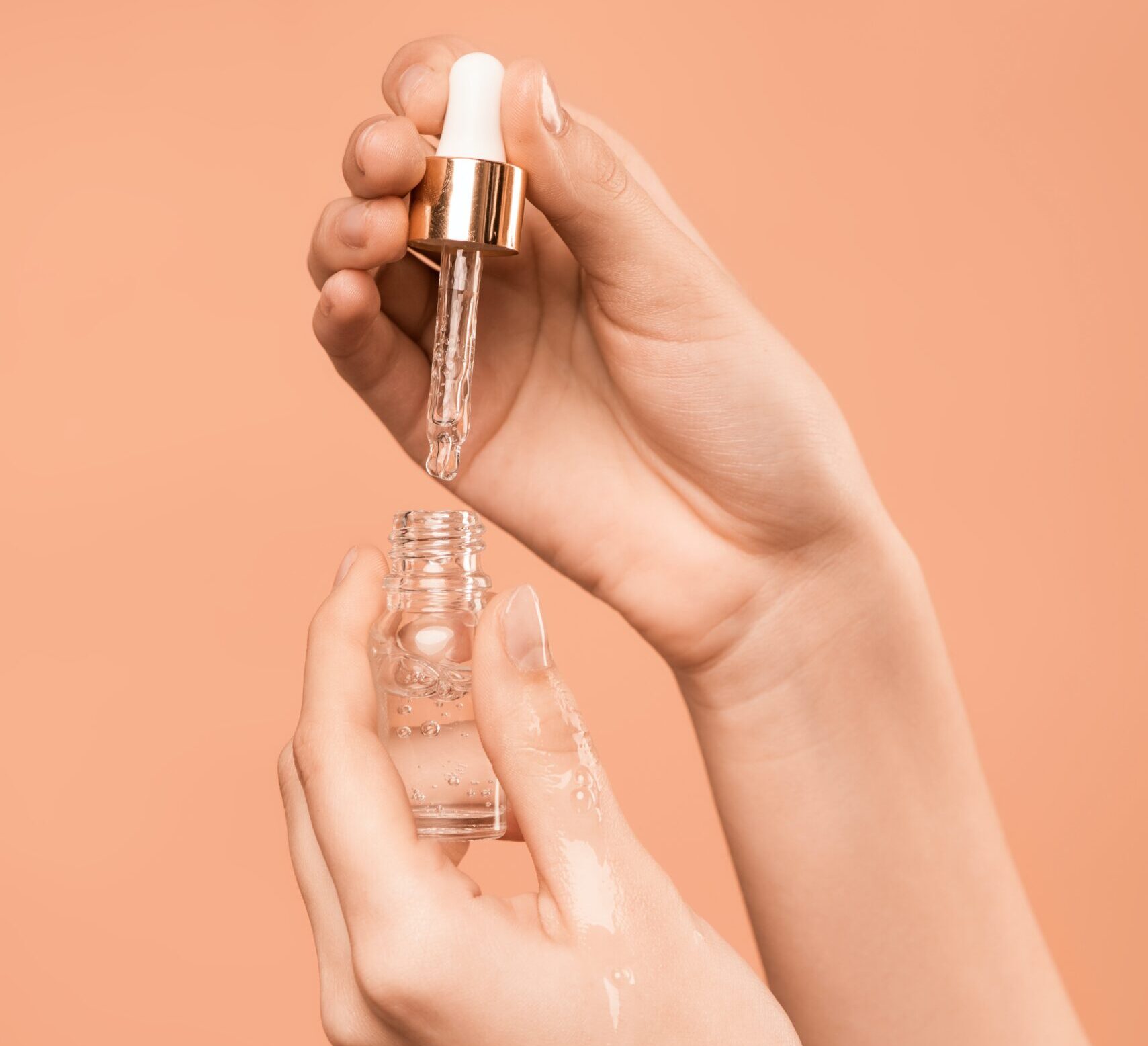
Patch Test First
Before incorporating niacinamide into your skincare routine, it’s important to perform a patch test to ensure you don’t have an allergic reaction. Apply a small amount of the product to a small area of skin and wait 24-48 hours to see if any itching or redness occurs.
Incorporate into Your Skincare Routine
Niacinamide can be used both morning and night as part of your skincare routine. Apply after cleansing and toning and before moisturizing. It’s also important to use sunscreen during the day as niacinamide can increase skin sensitivity to the sun.
Watch for Side Effects
Niacinamide is generally considered safe for most people, but some may experience side effects such as redness or itching. If you experience any discomfort, discontinue use and consult with a dermatologist.
Niacinamide and Sun Protection
Adding niacinamide to your skincare routine can also help protect your skin from sun damage. While it is not a substitute for sunscreen, it can enhance the effectiveness of your sunscreen by strengthening your skin’s natural barrier and reducing inflammation.
UV damage is a major cause of premature aging and skin cancer, so it’s important to protect your skin from the sun’s harmful rays. Niacinamide can help by reducing the production of melanin, a pigment that can cause dark spots and uneven skin tone when exposed to UV radiation.
In addition, niacinamide can help repair the damage caused by UV radiation by promoting the production of collagen and elastin, two proteins that keep your skin firm and elastic. This can help reduce the appearance of fine lines and wrinkles and improve your skin’s overall texture and tone.
While niacinamide is not a replacement for sunscreen, it can be a valuable addition to your sun protection routine. Look for skincare products that contain niacinamide and use them in conjunction with a broad-spectrum sunscreen to keep your skin healthy and protected from the sun’s harmful rays.

